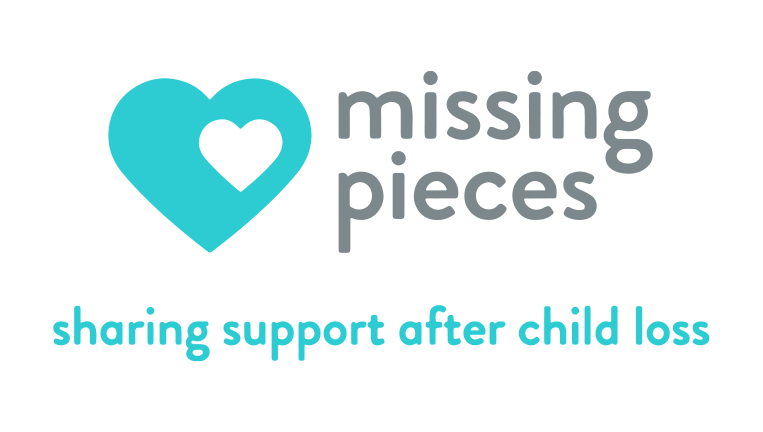
Overdose
There are many emotions that occur when someone dies. If you have experienced the death of your child from an overdose or substance use disorder, your reactions may be unlike anything you have ever experienced. We offer understanding, compassion, and support for those who have lost their child through overdose. Too many times we suffer not only the death of the person we love, but we become isolated in our grief. We encourage you to explore and reach out for support.
-
Sadness over not having had a chance to say good-bye or things left unsaid
Anger at your child, yourself or others who played a part in their addiction
Guilt over what should have or could have been. You may blame yourself or others for what happened.
Judgment or shame for loving someone with a substance use disorder. Many people deeply misunderstand addiction and substance use. This could make you hesitant to share, and can make you feel isolated and lonely.
Relief because you are no longer waiting for more terrible news or the next upsetting phone call.
Frustration that the system could not help or with the response from police or EMS. There may also be frustration if you lack access to medical information for your child who is over age 18.
Fear and anxiety are also prevalent grief reactions with a substance use death. There is the fear that other family members or friends who currently misuse substances might also die. And, there is the fear of relapse for people in recovery.
-
Accept the reality of the circumstances of your child’s death including the role substances played. Talk about your complicated feelings and grief reactions. This may help others who have experienced the same type of loss and voicing your grief can help change the stigma associated with death from overdose.
Find healthy ways to acknowledge and express your feelings. This could be through talking, writing, making art or music, hiking, etc. Do what works for you.
Remember that your child isn’t defined by their substance use. The circumstances of the death do not take away the fact that this was your child who you valued and loved and who deserves to be remembered and grieved. Find a way to honor their legacy.
Educate yourself about substance use disorder. Understanding SUD as an illness rather than a choice can help put to rest feelings of guilt and blame.
Surround yourself with the right support system. Avoid those who disenfranchise your grief. Research what specific resources are available for those who have lost someone to overdose. You might find comfort with a counselor or a support group with others who are also experiencing grief of an overdose death.
Resources
GRASP is Grief Recovery After a Substance Passing, a national resource founded to provide sources of help, compassion and understanding for those whose loved one died from substance use or addiction. They also provide online and in person support groups throughout the country.
HERO Heroin Epidemic Relief Organization Grief Support is open to anyone who has lost a loved one to drug overdose. Though HERO’s focus is on heroin/opioid related issues, they welcome anyone who has experienced a loss due to overdose from any substance.
International Overdose Awareness Day is an annual global event to raise awareness of overdose and reduce the stigma of drug related deaths. Acknowledging the grief felt by families and friends, Overdose Day spreads the message that the tragedy of overdose is preventable.
HANDOUTS
Supporting_Children_and_Teens_When_Someone_Dies_of_Substance_Use (dougy.org)
Explaining Overdose Death to Children- Explaining-Overdose-to-Grieving-Children.pdf
Books
When A Child Dies From Drugs by Pat and Russ Wittberger
Losing Jonathan by Robert and Linda Waxler
Life After the Death of My Son: What I’m Learning by Dennis L. Apple
One Way Ticket: Our Son’s Addiction to Heroin by Rita Lowenthal
Local Resources
| GRASP Local Chapters in Chicago, DuPage County, Hoffman Estates, Steger, Westmont | |||
| HERO | info@theherofoundation.org | (708) 557-8394 | Orland Park |



